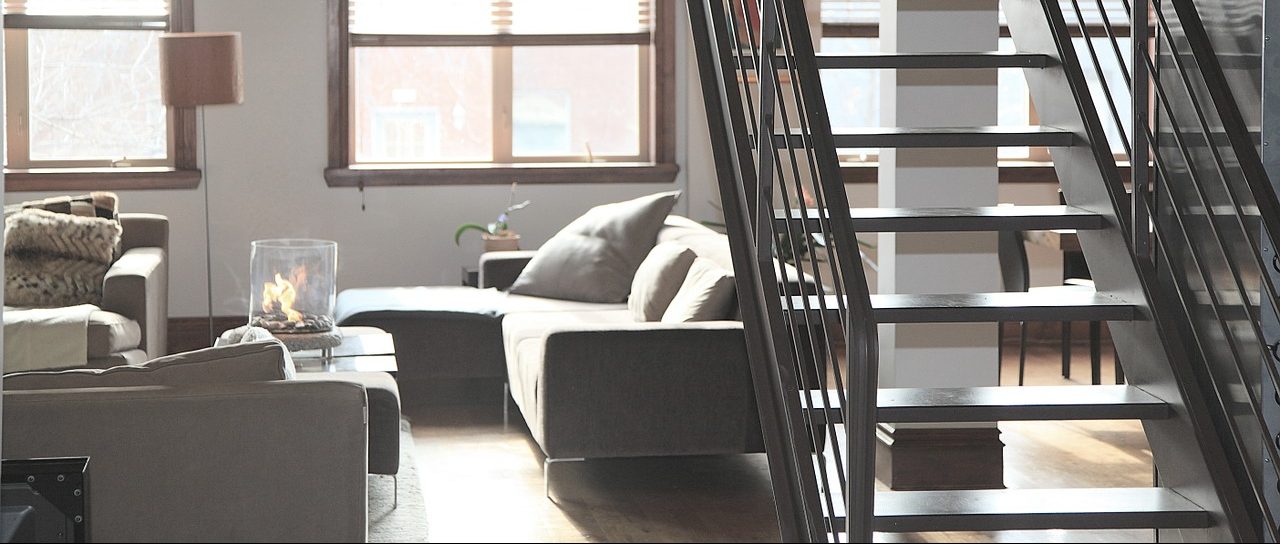There are certain costs involved with buying a house, aside from the usual deposit and mortgage repayments. It’s important to take these in to account so that you don’t allocated all your hard earned cash towards your deposit. Today’s article acts as a guide to take you through other costs to factor in to your property purchase.
The deposit
The obvious one is also typically the biggest – the deposit. In the most ideal case you’ll have a deposit of 20% and avoid Lenders Mortgage Insurance (LMI – more on that later). Know that you’ll need to pay this upfront when purchasing, though not always 10% on auction day. This can change state by state or be agreed to prior to any auction. Your broker can discuss this with you in more detail. The important thing to know is that no matter what, the remainder needs to be available for settlement day.
Stamp duty
The amount of stamp duty you pay will depend on the purchase price of the property and the state/territory. Your bro will use software to give you an exact figure of what to expect for stamp and transfer duties. It’s a significant cost and some other government fees and charges may also apply depending on your eligibility, the property type and use, and its location.
Can I avoid Stamp Duty altogether?
Maybe! From July 2017, Victoria and NSW have waived stamp duty costs for first home buyers purchasing properties up to a certain amount and introduced stamp duty concessions for some other buyers. There are other discounts or concessions that may apply, which brings us to the next point…
Do I qualify for the first home buyer benefits?
This isn’t a cost but is important to discuss as it might apply to you. Depending on your circumstance you may be eligible for first home buyer benefits such as discounts (as above) or a grant with regard to certain properties. Like Stamp Duty, the rules vary from state to state, so start by looking at your local government website and make sure you discuss this with your broker. If you are eligible, we’ll make sure to get the documents ready and lodge it with your local state revenue office.
What about legal and conveyancing fees?
You will need to engage a lawyer or licensed conveyancer as part of the process, They take care of a number of tasks such as reviewing your contract of sale, checking over the land title, calculating rates and taxes, and together with your broker to liaise with your lender. Whilst most charge a fixed fee, it may vary depending on who you chose to use and the complexity of your purchase. We work with a number of conveyancers across the country, but of course we’ll also happily work with your own conveyancer
And the rest of the fiddly bits?
You may want to get a building and pest inspection on your property and they aren’t free. It can be an important step so we say to typically budget between $300–$600. It might seem like a waste of money, but it’s likely a lot cheaper to find it out up front than later on dealing with repairs you could have known about upfront, which may have seen you avoid the property or offer a lower purchase price.
Depending on the type of loan and lender we use you may need to factor in costs such as establishment fees, package fees and any future costs such as early exit fees on a fixed-rate mortgage.
What is lenders mortgage insurance (LMI)?
While certain lenders offer home loans of up to 95% of a property’s value, if you’re buying a home with less than a 20% deposit your lender will usually charge lenders mortgage insurance (LMI). In most cases this cost will be added onto your loan amount, which is known as capitalising the LMI. It’s still important to be aware of t, the differences in LMI from different lenders and discuss with your broker any possible solutions around avoiding it.
Insurance
You’re required to take out buildings insurance with your mortgage. This will cover you against damage to your home caused by fire, flooding etc. Many people also choose to take out contents insurance alongside this to protect their belongings.
There are also other types of insurance available, such as income protection, life insurance and Critical Illness Cover (CIC), which financially protects you, should something unexpected happen.
Removal and repair Costs
This one may not be a necessity but something you might want to consider if you’re unable to carry out the move yourself. Removal costs tend to be higher during the busier months (peak moving time tends to be during the spring/summer months). Don’t forget to factor the costs in establishing utility or service connections and any repairs to essentials such as plumbing, heating or cooling.
Buying your first home and having to get a mortgage can seem like one of the most daunting tasks, but it doesn’t need to be. Our advisers will hold your hand and educate you through the process and remain your go to contact at all times.
Get in touch with one of our finance specialists via the website or phone 03 9032 6700



